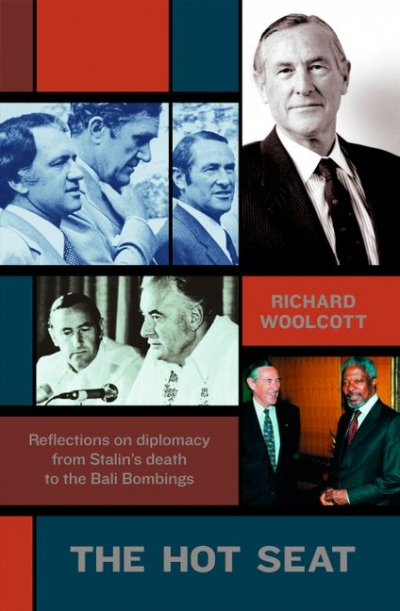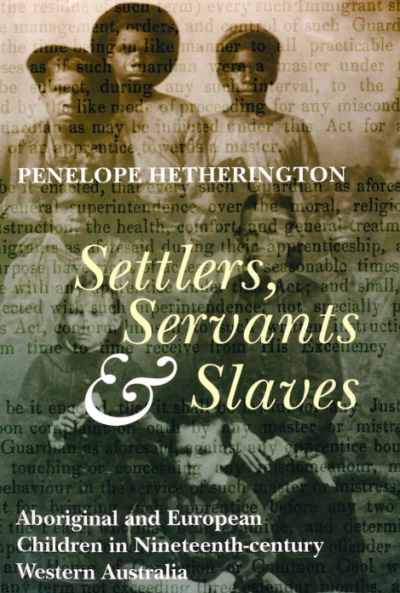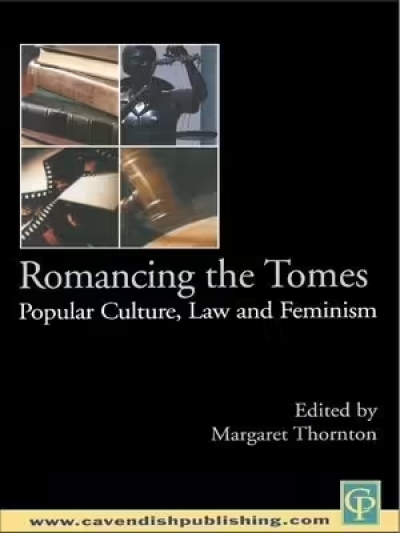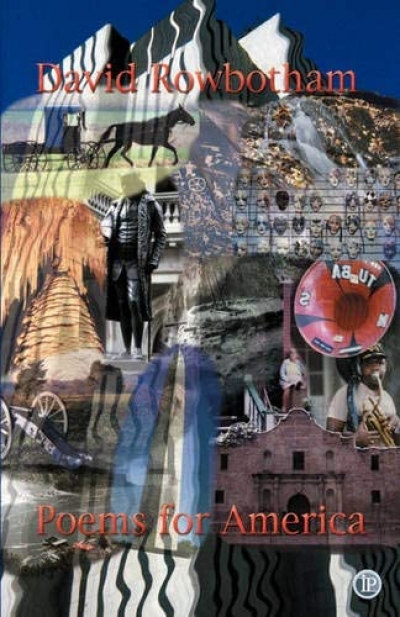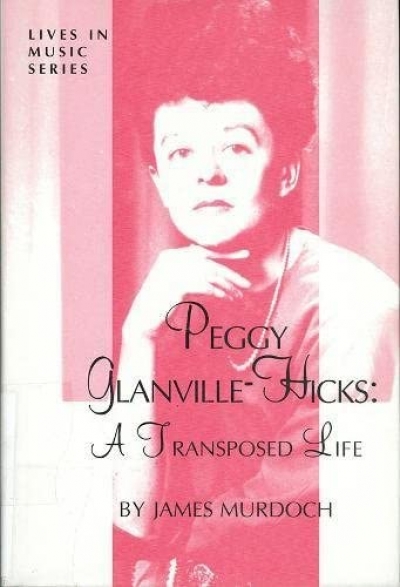Archive
Film | Theatre | Art | Opera | Music | Television | Festivals
Welcome to ABR Arts, home to some of Australia's best arts journalism. We review film, theatre, opera, music, television, art exhibitions – and more. To read ABR Arts articles in full, subscribe to ABR or take out an ABR Arts subscription. Both packages give full access to our arts reviews the moment they are published online and to our extensive arts archive.
Meanwhile, the ABR Arts e-newsletter, published every second Tuesday, will keep you up-to-date as to our recent arts reviews.
Recent reviews
The Hot Seat: Reflections on diplomacy from Stalin’s death to the Bali bombings by Richard Woolcott
Settlers, Servants & Slaves: Aboriginal and European children in nineteenth-century Western Australia by Penelope Hetherington
Romancing the Tomes: Popular culture, law and feminism edited by Margaret Thornton
There is much to enjoy in the March issue of ABR. I found Patrick McCaughey’s ‘A Sketch Portrait of Fred Williams’ particularly illuminating and moving. A fine record of a deep friendship, rare in the annals of art writing in Australia. Also, John Mateer’s ‘Diary’ reflections on a symposium at Edith Cowan University, inspired by the American philosopher Arthur Danto’s ‘The Abuse’, give us notice of imaginative conversations and events coming from the west.
... (read more)In a spirit of optimistic support for the APBA’s Book Design Awards, publishers entered 233 books for the 1981 competition, the thirtieth to be held. The judges made short work of their hopes. ‘Best book’ awards were made in only two of seven categories – children’s books and the section for best jacket or cover, won by The Frog and the Pelican (Methuen) and Homesickness (Penguin) respectively. Nineteen other books won commendations. The APBA Andrew Fabinyi prize for the book that best solved problems posed by content or production was awarded to Australia in Figures (Penguin). The judges withheld the $1000 Joyce Nicholson Prize for the Best Book of the Year, as a mark of their disappointment at the standard of entries.
... (read more)A revolt! Well, that is a welcome change, even if the awards produced some inconsistent results. Arthur Leydin, the chairman of the judges, has reacted violently against ‘good taste’ and ‘Englishness’ this year, and books which in other years might have carried off first prize, such as MUP’s Ludwig Becker (designed by Len Trenkner, printed by Wilke, and a 2½-pica book by my reckoning), barely scraped a commendation
... (read more)

